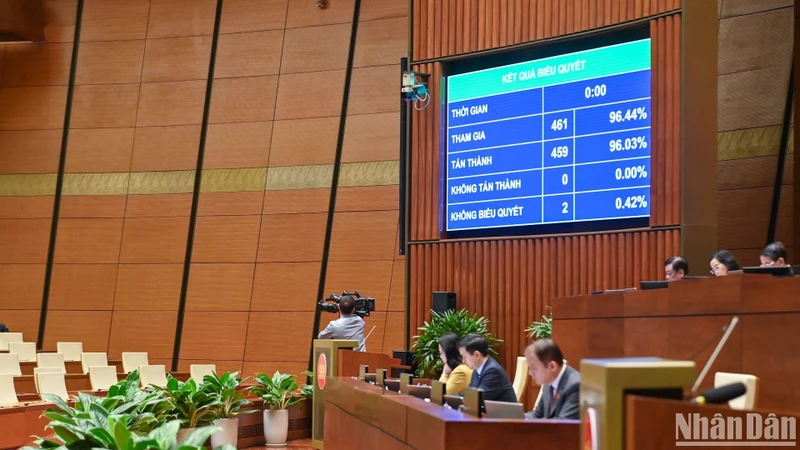 |
| The National Assembly voted to pass the Law on Promulgation of Legal Documents (amended) with a rate of 96.03%. (Photo: DUY LINH) |
From today (April 1), the Law on Promulgation of Legal Documents 2025 officially comes into effect. The law has 9 chapters and 72 articles, and was passed by the National Assembly at the 9th Extraordinary Session with an approval rate of 96.03%.
The Law continues to simplify the system of legal documents, promptly remove institutional bottlenecks, continue to perfect the legal framework for the construction and operation of a unified, synchronous, transparent system of legal documents... creating new momentum for the country's rapid and sustainable development.
The Law on Promulgation of Legal Documents 2025 provides more concise regulations, clearly distinguishing legislative and regulatory authority, specifically:
The Law only specifically regulates the order and procedures for drafting and promulgating legal documents of the National Assembly and the National Assembly Standing Committee; legal documents of the President, resolutions of the Council of Judges of the Supreme People's Court, circulars of the Chief Justice of the Supreme People's Court, the Chief Procurator of the Supreme People's Procuracy , the State Auditor General and joint documents.
The Government is assigned to detail the procedures for drafting and promulgating legal documents of the Government, Prime Minister , Ministers, Heads of ministerial-level agencies, and local authorities.
With this approach, the Law only regulates general issues under the authority of the National Assembly, so it is more concise, with 72 articles (a reduction of 101 articles, equivalent to 58.4% of the number of articles compared to the Law on Promulgation of Legal Documents in 2015).
The Law on Promulgation of Legal Documents 2025 has removed the authority to promulgate legal documents of commune-level authorities to ensure consistency with the proposed content stated in the project to innovate and perfect the law-making process that the National Assembly Party Delegation submitted to the Politburo.
The Law also supplements the provision that the Government shall issue legal resolutions to promptly resolve difficulties in state management practices and prescribe solutions to promote socio-economic development within the scope of the Government's functions, tasks and authority, including piloting a number of policies that have not been regulated by law and are under the Government's authority or are different from current decrees and resolutions.
With the spirit that each task is assigned to only one entity to preside over and take responsibility, the Law clearly defines the position, role and responsibility of the Government and the National Assembly in the law-making process.
Accordingly, the Government plays its role as the agency that submits the draft law and is responsible for the draft law it submits; the National Assembly is the legislative body, with the right to approve or not approve the draft law submitted by the Government. This approach helps ensure the quality of the Law document and facilitates the implementation stage, ensuring the connection between the work of drafting and organizing the implementation of the Law.
Source: https://baotuyenquang.com.vn/tu-1-4-2025-cap-xa-khong-ban-hanh-van-ban-quy-pham-phap-luat-209334.html




![[Photo] Ready for the top competitions of Vietnamese table tennis](https://vphoto.vietnam.vn/thumb/1200x675/vietnam/resource/IMAGE/2025/5/18/9c547c497c5a4ade8f98c8e7d44f5a41)


![[Photo] Many young people patiently lined up under the hot sun to receive a special supplement from Nhan Dan Newspaper.](https://vphoto.vietnam.vn/thumb/1200x675/vietnam/resource/IMAGE/2025/5/18/6f19d322f9364f0ebb6fbfe9377842d3)


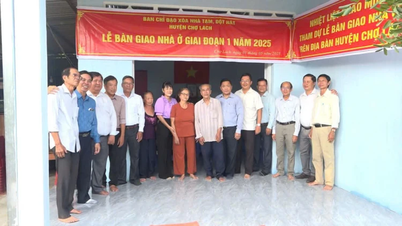

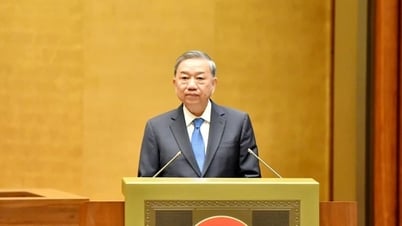















![[Photo] General Secretary To Lam visits exhibition of achievements in private economic development](https://vphoto.vietnam.vn/thumb/1200x675/vietnam/resource/IMAGE/2025/5/18/1809dc545f214a86911fe2d2d0fde2e8)















































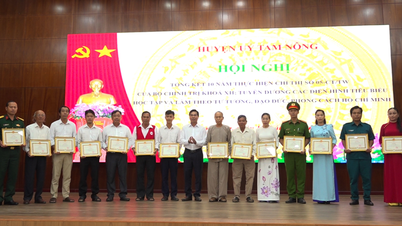




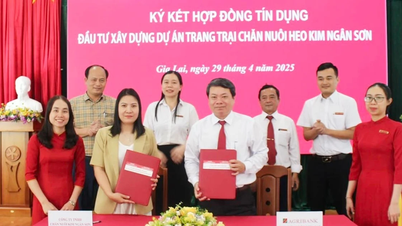











Comment (0)